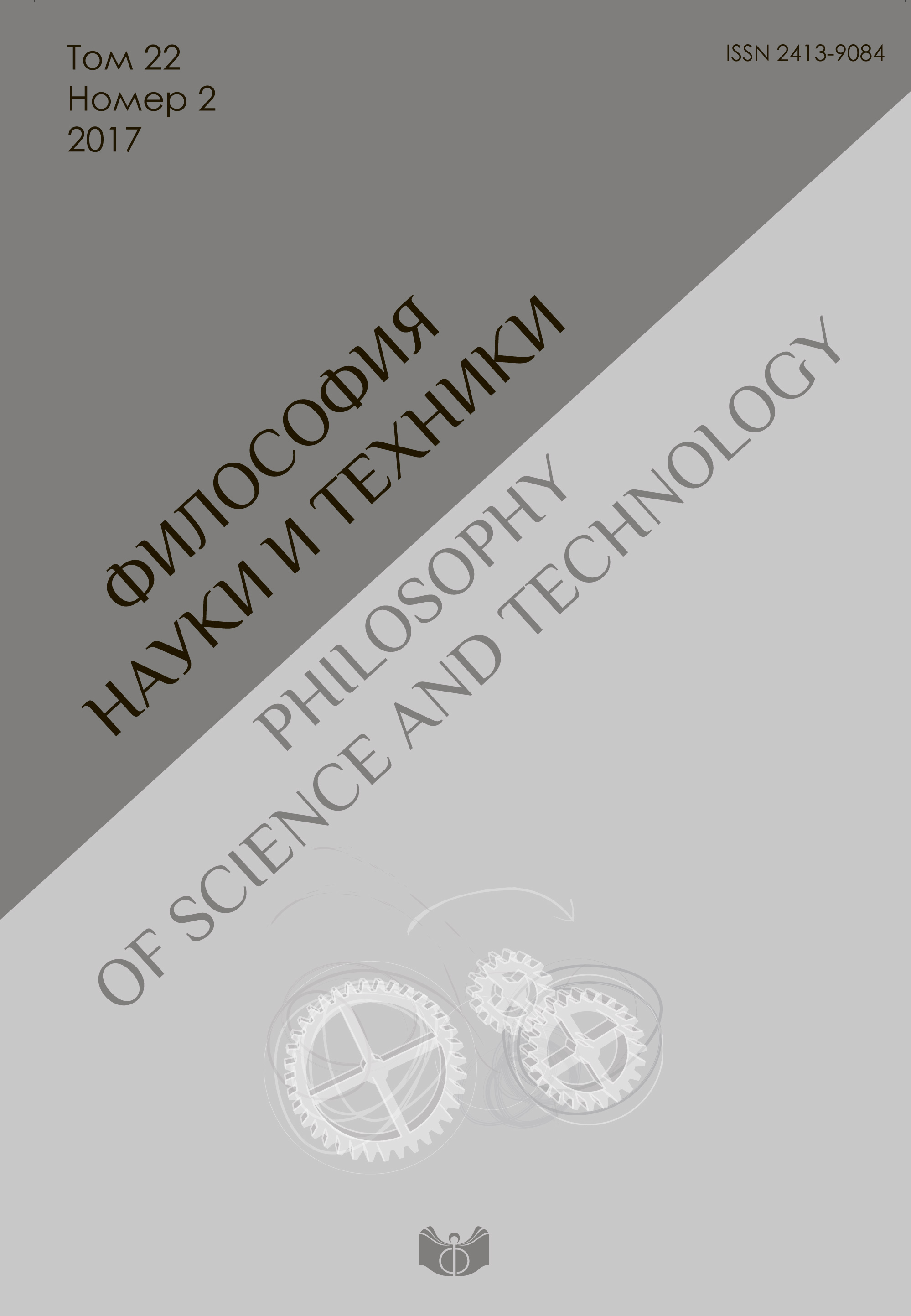“Is the truth possible in humanities?” Papers of the “round table”. Part 1
DOI:
https://doi.org/10.21146/2413-9084-2017-22-2-5-28Keywords:
truth, humanities, objectivity, knowledge, reality, realism, constructivismAbstract
The publication provides the full papers of the “round table” discussion that was organized by the journal “Philosophy of science and technology” in March 2017 at the RAS Institute of Philosophy. The participants are some of the leading Russian researchers in the field of epistemology and philosophy of science: V.A. Lektorsky, I.T. Kassavin, A.L. Nikiforov, N.S. Avtonomova, N.M. Smirnova, V.P. Filatov, G.D. Levin, E.L. Chertkova, A.V. Rodin, S.V. Pirozhkova, E.O. Trufanova. The following questions are discussed: is there a principle difference between natural scientific knowledge and knowledge in humanities, is there a difference between humanities and social sciences and between humanities and human sciences? Do the humanities gain knowledge about the reality or they just construct it? Do experiments in humanities and humanitarian technologies exist? What is the correspondence between knowledge in humanities and social-cultural mythologies and can we separate them from one another? In the first part of the discussion the participants consider the questions of the knowledge structure in humanities and social sciences, in particular of the existence within this knowledge of such elements as cultural, social and political values on one hand and methodological norms and ideals on the other hand, as well as elements of utopia, myth, ideology; of the contents of methodological regulations of humanitarian knowledge and the specifics of the latter in comparison with natural scientific knowledge; of the specifics and limitations of experiments in social science basing on the example of economics; of the research of the problem of truth with the methods of philosophical logic and the possibility of the usage of this research in the framework of systematical research of the questions at hand. Without rejecting the possibility of acquiring the truth, that is, of acquiring knowledge not only in social sciences but also in humanities, the participants point out those at first glance ambiguous or even opposing to the ideal of scientific character traits that are characteristic for humanities, the thorough research of which can help to shorten the gap between humanitarian and natural types of knowledge.











